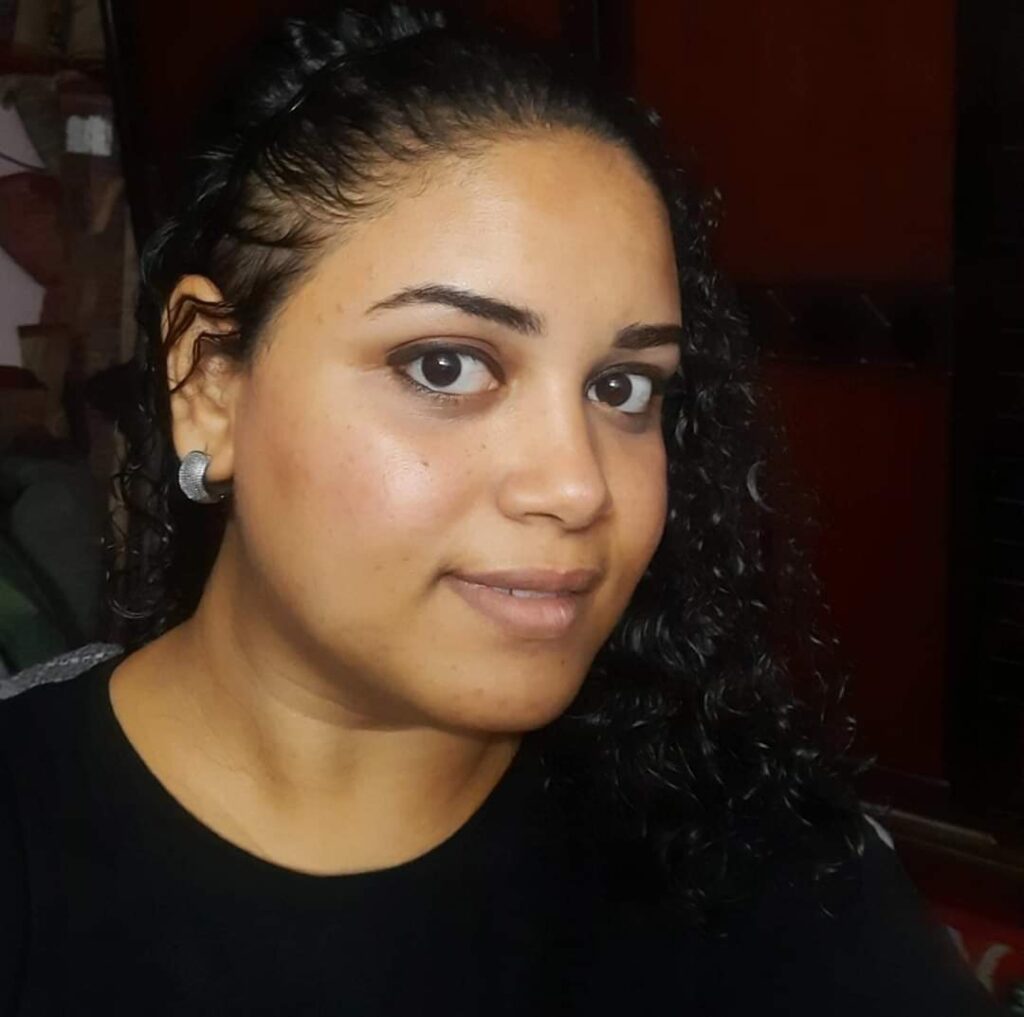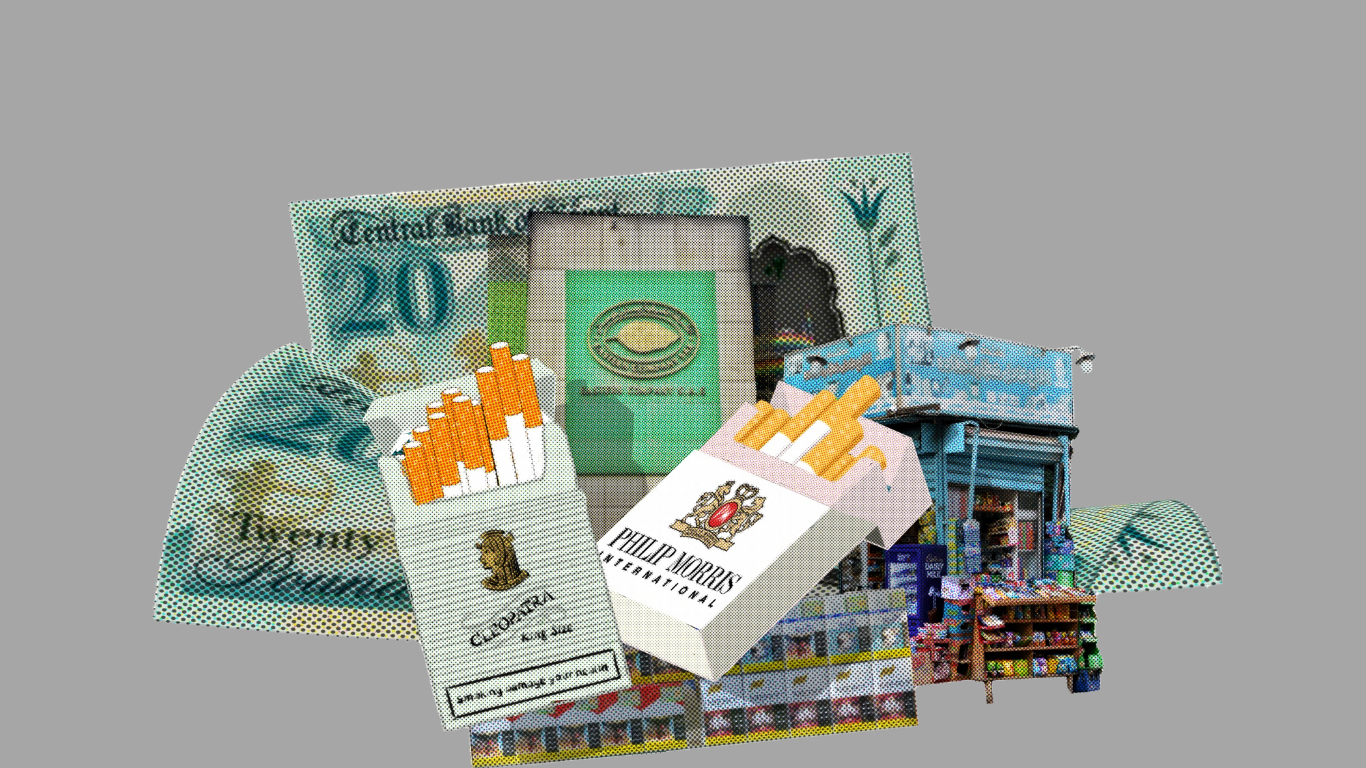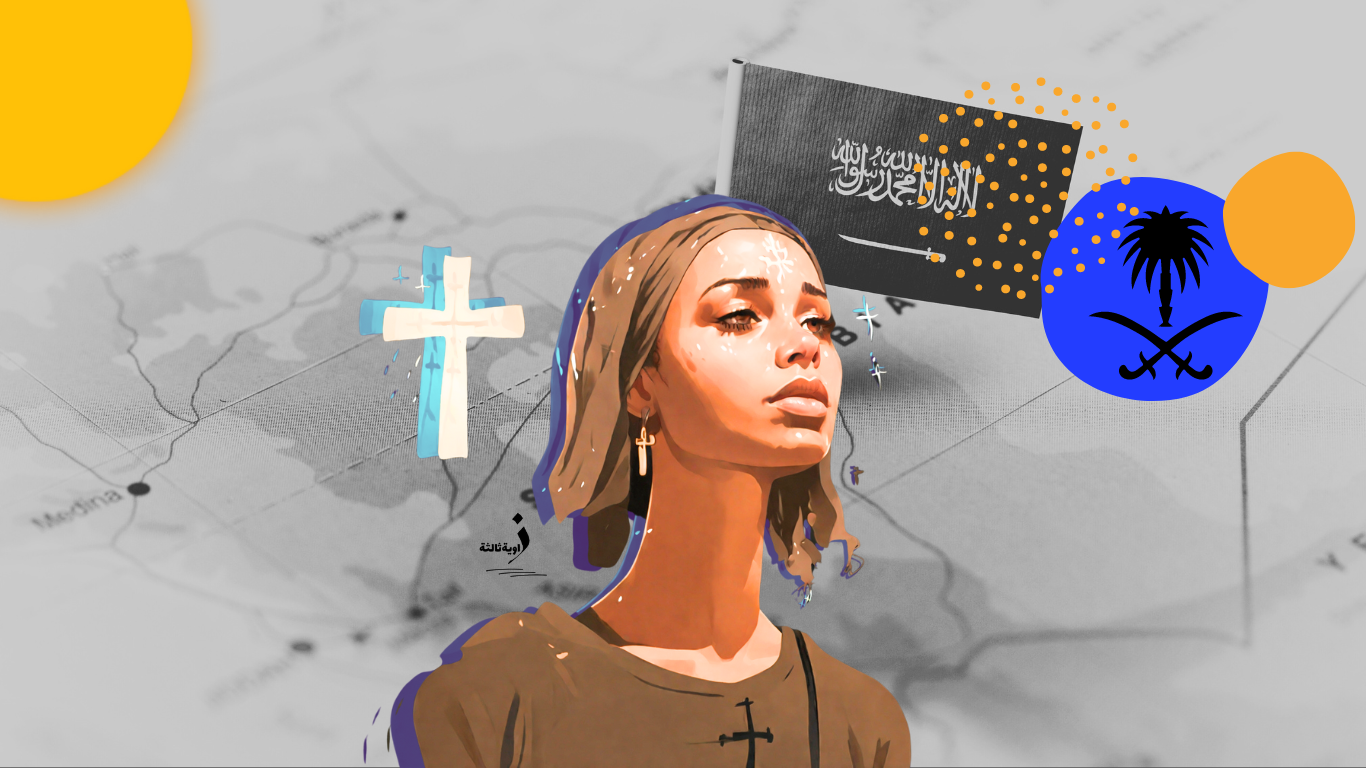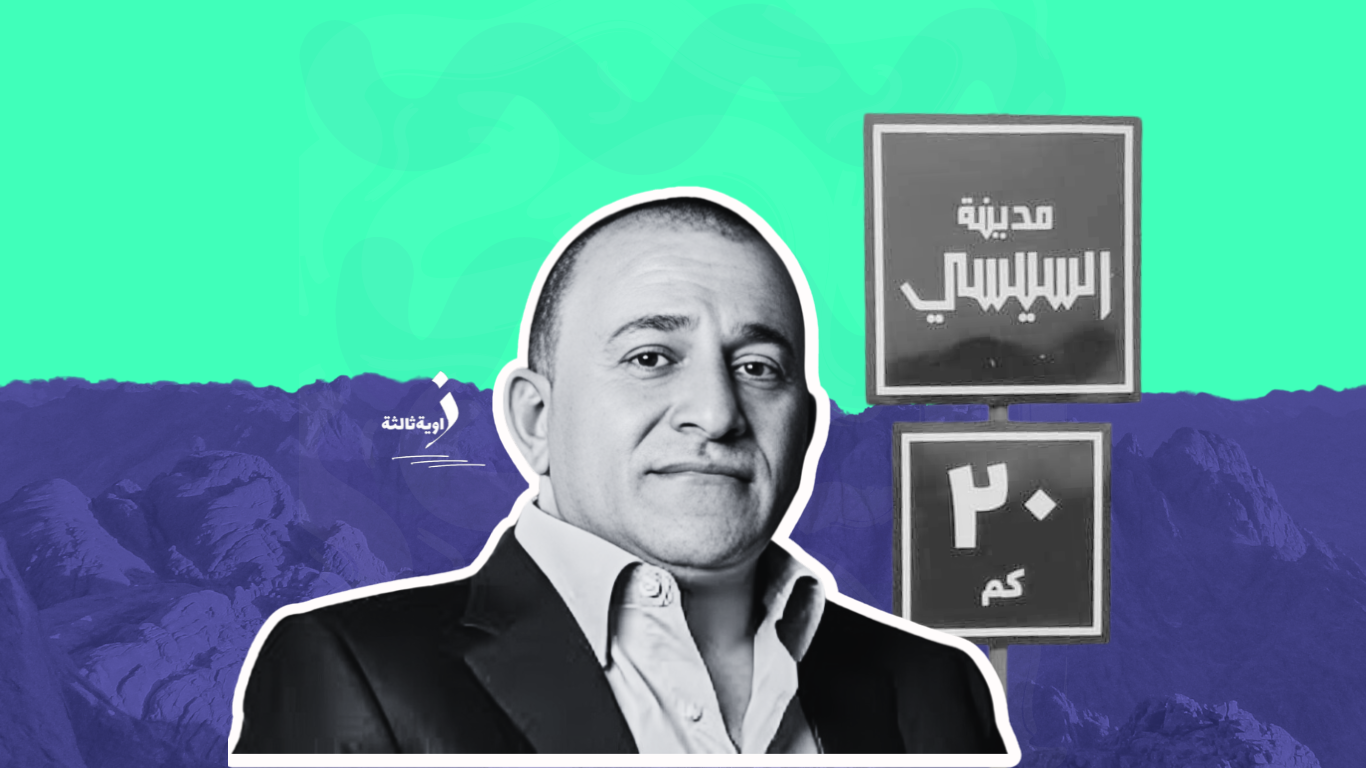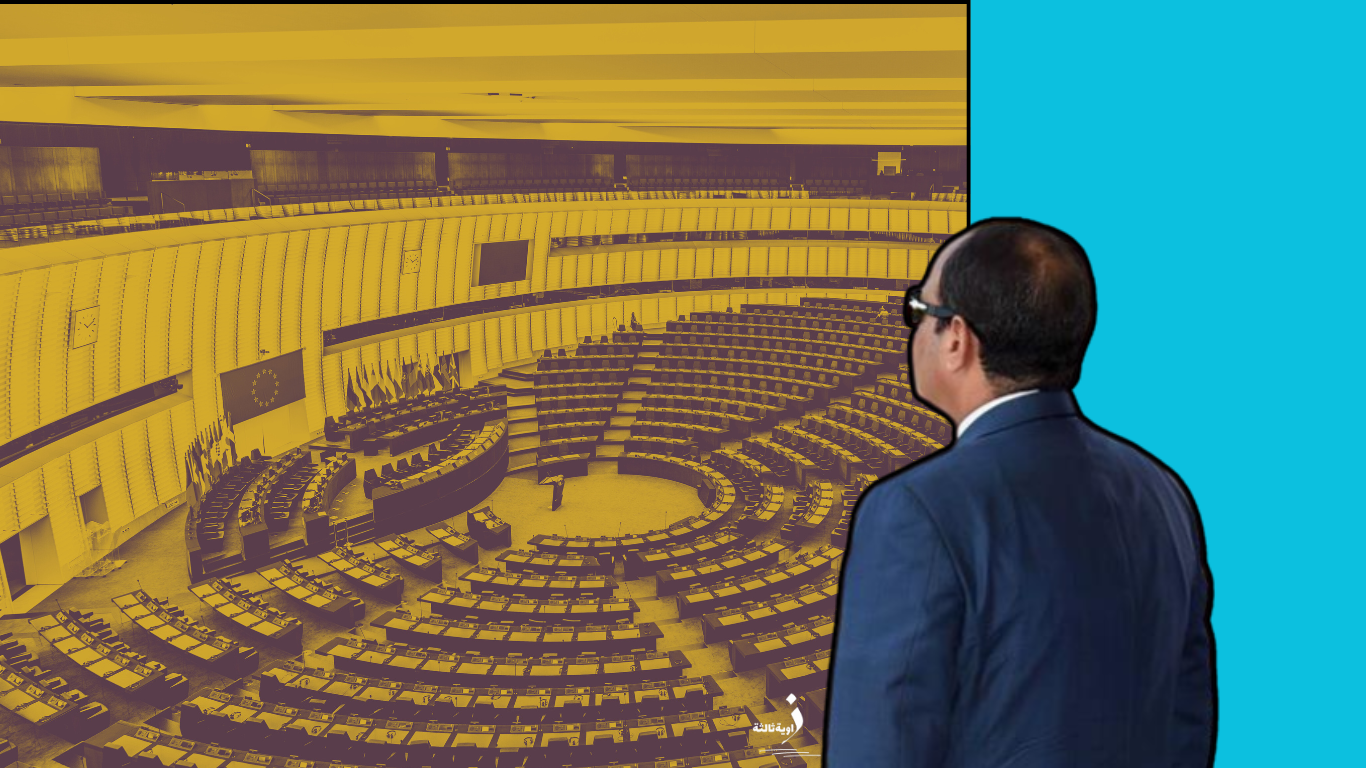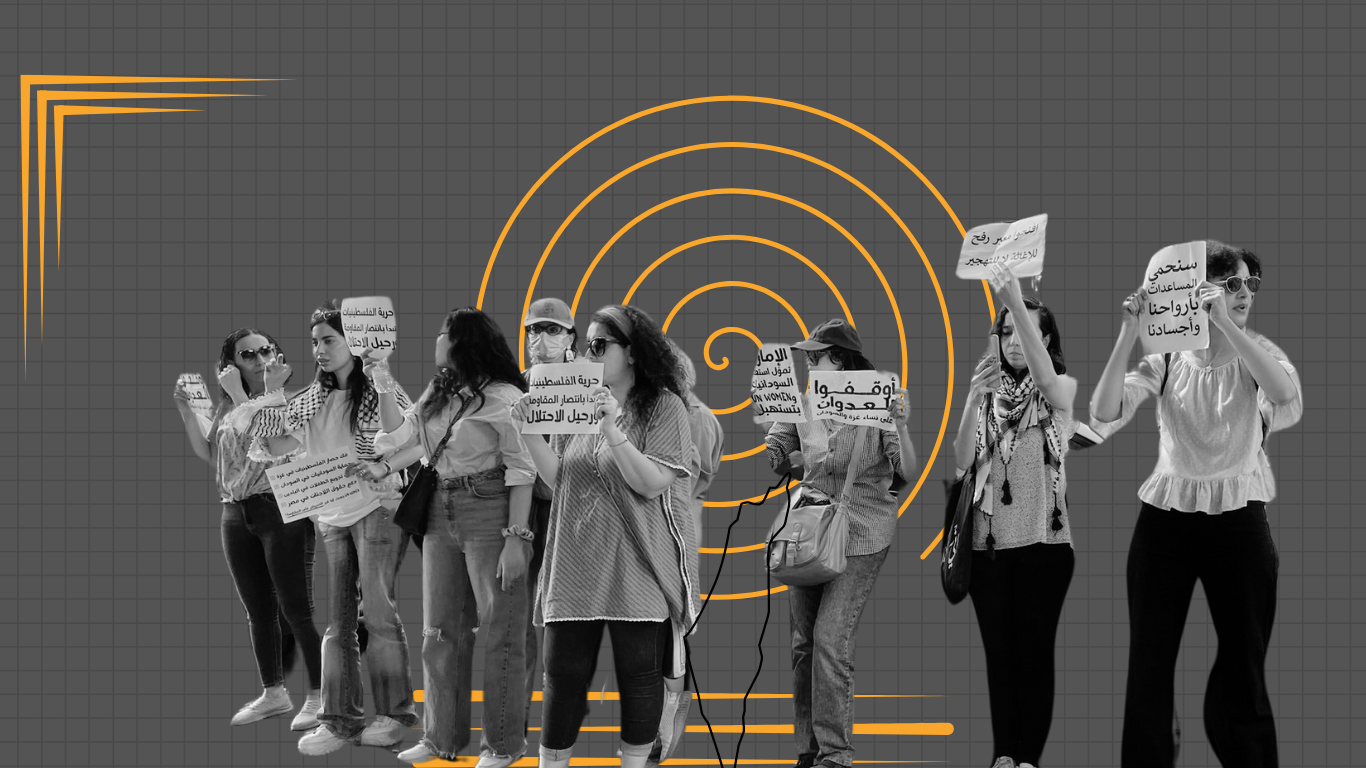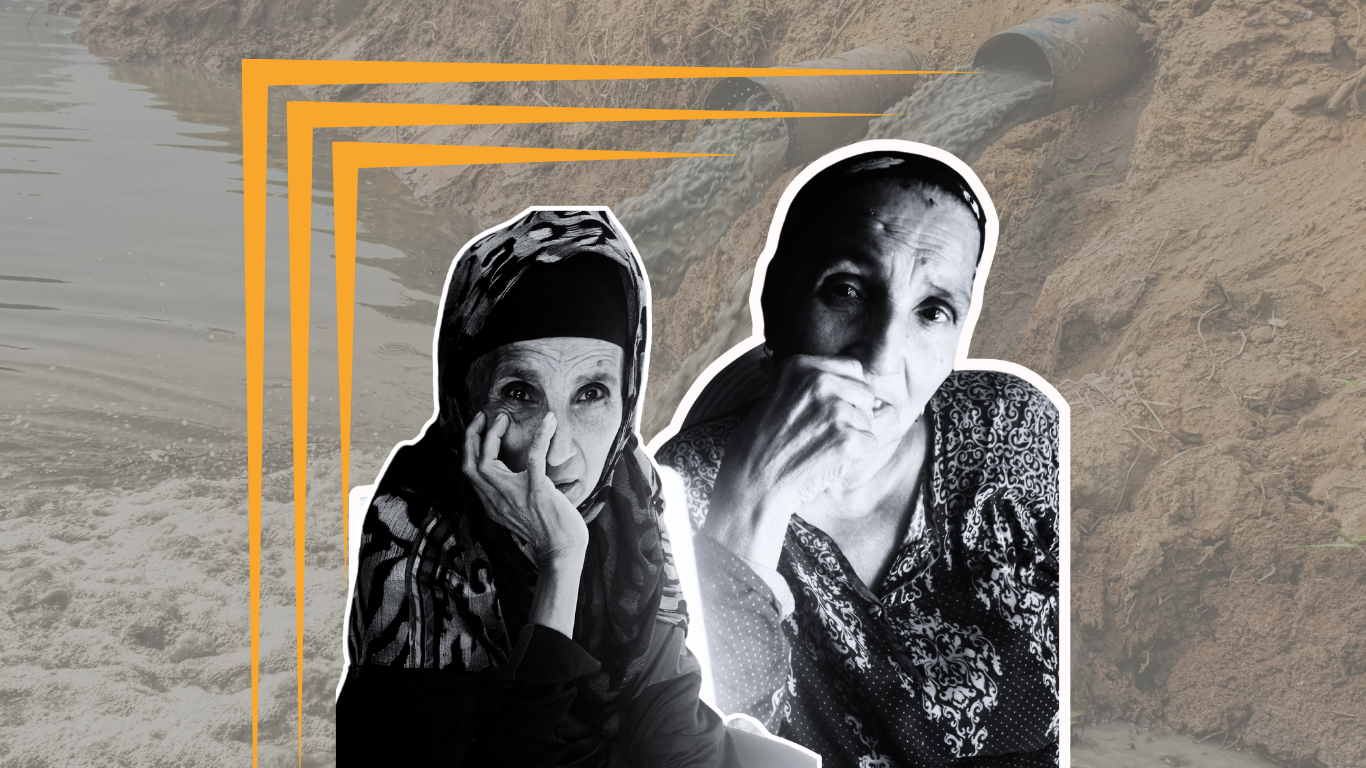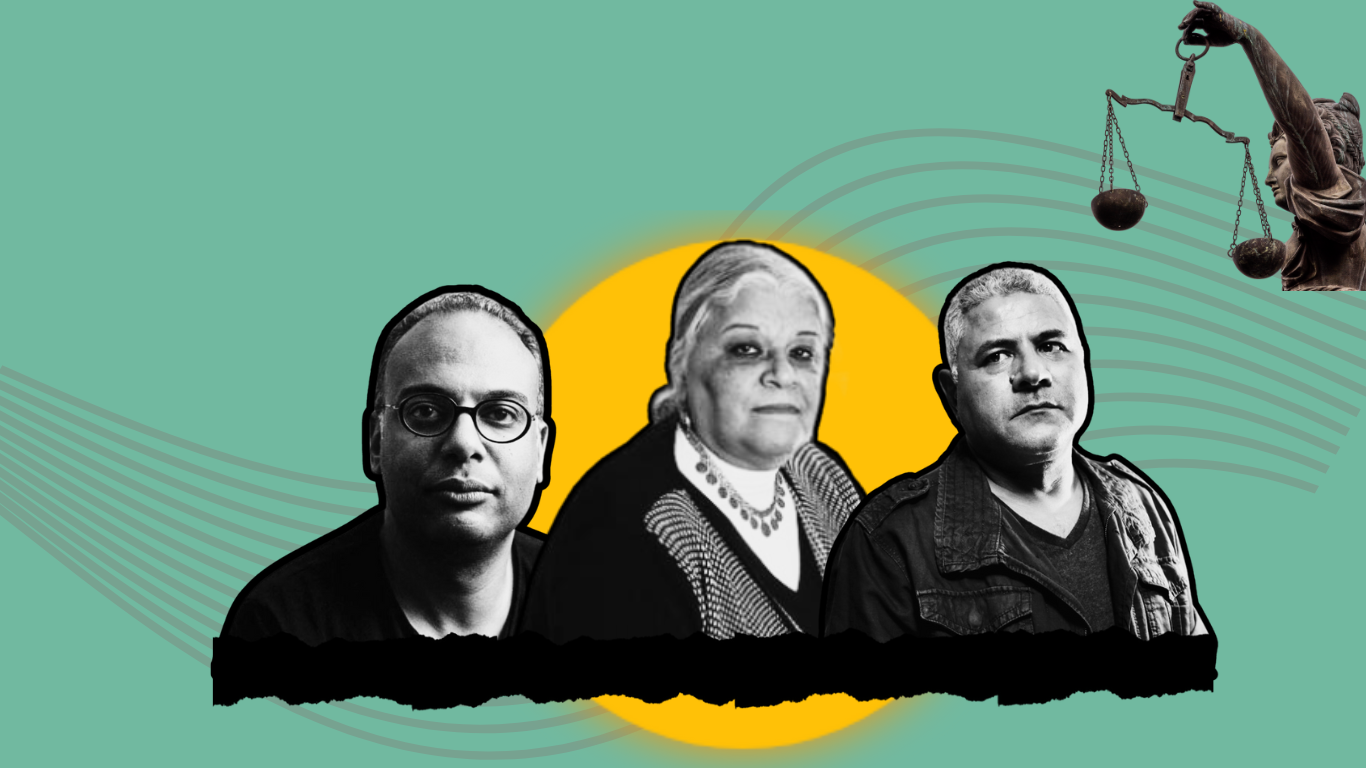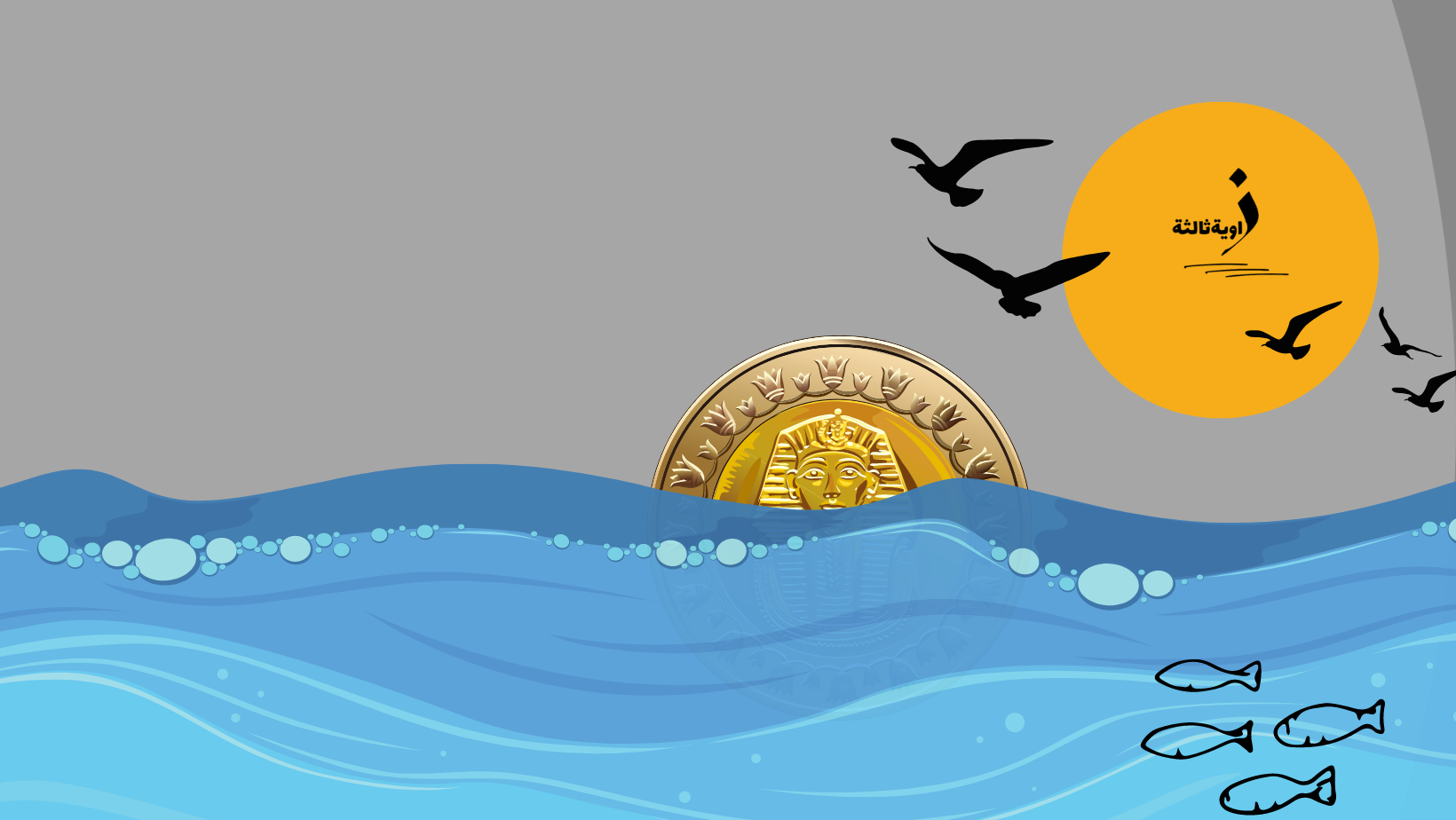After the current president, Abdel Fattah el-Sisi won a second presidential term in 2018, Cairo witnessed a complete closure of public space and the assassination of political life. This led to the arrest of many influential members of opposition parties, and the democratic civil movement was sidelined from the Egyptian political scene. The situation persisted until April 2022, when the civil movement’s name reappeared in political activities.
The return of the civil movement, formed in 2017 and consisting of 12 political parties and public figures opposing the authorities after a five-year absence was not coincidental. It was a result of the Egyptian regime’s desire, following the political and economic crises. In April of the previous year, the Egyptian president invited several Egyptian opposition forces, led by the opposition leader Hamdeen Sabahi, during a family iftar to a national dialogue. This dialogue included the ruling parties and figures supporting the regime, along with the Egyptian opposition, both entities and individuals.
Since the call for national dialogue until now, the civil movement has faced several crises, including confrontations with the authorities. However, the most significant are the internal disagreements that have surfaced strongly, especially regarding participation in the upcoming presidential elections. The civil movement initially spoke about the elections as a unified bloc demanding serious guarantees for fair presidential elections. Still, the scene has now shifted, and signs of division are predominant.
Presidential Elections Divide the Opposition Movement
Egyptian Social Democratic Party and Justice Party have decided to freeze their activities within the movement following a statement signed by the majority of movement parties and public figures declaring their non-participation in the elections. This decision signals a potential political rift that may affect the civil movement, with its effects likely becoming clear after the elections.
Nine out of the twelve parties in the civil movement signed a statement declaring their non-participation in the presidential elections and their refusal to nominate a candidate to represent them. This statement was published by the politician Hamdeen Sabahi on his Facebook page on the 12th of this month. Meanwhile, the presidential candidate, Farid Zahran, the leader of the Egyptian Social Democratic Party, continued his campaign, seemingly indifferent to the decision of the movement to which he belongs.
The decision of the parties comes in the wake of violations witnessed at the real estate offices during the endorsement processes for opposition candidates, particularly the potential candidate Ahmed Tantawi. He and 22 members of his campaign were referred to criminal trial in a case related to the forgery of presidential endorsements. The statement mentioned, “With the start of the presidential candidates’ campaigns, the democratic civil movement would like to emphasize its refusal to nominate a candidate. In this regard, it clarifies that the violations accompanying the nomination procedures, which undermined the guarantees of fairness and the basic rules of competition, have turned the elections into a manipulated referendum through overt interference by state agencies. This has transformed the scene in front of real estate offices into a tragedy and a complete farce, depriving many citizens across Egypt of participation, while queues formed for those mobilized to endorse the current president.”.
The statement angered presidential candidate Farid Zahran, who seemingly expected support from the civil movement after the withdrawal of Gameela Ismail, the head of the Constitution Party, from the race and the failure of Ahmed Al-Tantawi, the former head of Karama, to collect the required 25,000 endorsements. According to our information, the scene was not spontaneous, as it followed a meeting held in the Conservative Party on October 17 to discuss a statement reflecting the civil movement’s position and its decision not to nominate a presidential candidate due to the lack of transparency and integrity in the electoral process, as they described it. However, the meeting was marked by tension and disagreement between supporters and opponents of issuing such a statement. The meeting ended with a decision not to release any statement without unanimous agreement from all parties involved.
Days after the meeting, “where all parties did not reach an agreement,” the statement regarding the elections was issued by the signatures of nine parties, mostly from the civil movement. However, it was not published on the official page of the movement, and the Egyptian Democratic Party, whose leader is participating in the elections and is in solidarity with him, did not sign. Meanwhile, the Reform and Development Party remained silent.
Statement and Divisions
The mentioned statement did not pass smoothly within the “Egyptian Democratic” party. Quickly, its leadership, along with the Justice Party, decided to send an internal letter to the parties of the civil movement, declaring their rejection of what was announced about not nominating a candidate for the presidential elections to represent them. They informed them of the decision to freeze the two parties’ activities within the movement “to avoid further divisions.” The letter described the statement signed by the nine parties as “side battles achieving false victories, while the Egyptian Democratic and Justice parties attempt to engage in real battles.” This was emphasized by Ahmed Fawzi, a human rights lawyer and a leader in the Egyptian Democratic Party, in his conversation with Zawia3.” He explained that the party decided to freeze its activities within the civil movement until it can make a decision regarding its participation in the civil movement after the presidential elections, where the party is putting its major efforts and focus at present.
Critically, Fawzi stated, “The crisis of the civil movement is larger and more complex than the decision of his party, and the crisis of the democratic civil movement is a crisis of political understanding among politicians in Egypt about political alliances and its role, which is entirely different from the role of political parties that are formed based on a gathering of individuals with similar visions, political programs, and converging ideas agreed upon. Alliances, on the other hand, are formed for specific political purposes.”
Fawzi explained that the civil movement was formed before the 2018 elections, at a time when public space was completely closed. The participants signed a document containing 11 goals, aimed at presenting a solution to the authorities they disagreed with and against the participation of the Muslim Brotherhood. With the continued closure of public space and increasing authoritarianism, the civil movement sought to participate. Entities “without weight and without rules” joined the movement, and the field was opened to include those who identified themselves as “public figures” without knowing their purpose or the standard for their presence as public figures.
Fawzi elaborated on the crisis, stating, “The entities in the movement agreed for a while on the minimum boundaries and contributed to opening public space a little compared to previous years. They participated in the national dialogue, and some detainees, especially those from participating parties, were released. It was supposed that they continue the journey together, but they disagreed due to the elections, and the difference was not healthy.” He pointed out that there were previous stations of disagreement that were not declared, such as Hamdeen Sabahi’s visit to Syrian President Bashar al-Assad, which is considered a strong shift in the future of the civil movement. The visit weighed much more than the participation of a political party in presidential elections it was not averse to. Despite criticism and confrontation from Sabahi and his criticism, he said that “the visit is personal and not political and does not represent the civil movement in anything.”
There are other disagreements that may indicate that the movement is not in consensus and is affected by “fragility.” It was expected that the movement would apply the rules equally to everyone, which may prompt his party to reconsider all its movements after the presidential elections. This includes its continuation in the civil movement and its political alliances in general, especially since the “Egyptian Democratic” party did not wait for the movement’s support for its candidate “Zahran” in the elections. Still, it awaited the application of democratic rules and respect for their desire to participate, concluding, “There are entities and personalities within the civil movement unable to read the scene well.”
The Future of the Movement
The escalation of crises, leading to increased disagreements and fragility within the civil movement, is not solely attributed to the visit of the Nasserite leader Sabahi or the participation of the Egyptian Democratic Party in the presidential elections. The dispute between the Nasserite leader and former Minister of Manpower Kamal Abu Eita, and the liberal publisher Hisham Kassem, following the latter’s criticism of the former minister, is one of the crises that has intensified divisions and disputes within the civil movement, specifically with Abu Eita’s insistence, who received political support from the Nasserite Dignity Party and ideologically similar parties, on filing a complaint against Qassem for defamation. In contrast, some parties within the movement condemned Abu Eita’s move, believing that their differences should not lead to resorting to authority (the judiciary) since the same authority seeks to persecute them.
It seems that the situation of the movement after the presidential elections will not be the same as before. After years of attempting to withstand despite its fragility, the civil movement is now threatened with disintegration, not just division. This was affirmed by researcher and political analyst Mostafa Shoukry, who believes that the post-election period will witness new alliances based on polarization between the compromising opposition and the radical opposition. Speaking to Zawia3,” he stated that, in reality, it cannot be said that the civil movement, especially after its political revival since the call for national dialogue, represents a cohesive and homogeneous political alliance. In fact, there was a state of withdrawal due to repression and security harassment, to the extent that the number of parties affiliated with the movement reached 4 parties. It jumped to 12 parties merely with the call for national dialogue and the movement’s interaction with it. Therefore, the experience of national dialogue revealed the extent of political division among the movement’s elements. After freezing the activities of the Egyptian Democratic and Justice parties, they return to their old-new square, as expressed by their previous decision to participate in the parliamentary elections within the lists of the engineering-backed pro-government parties. He emphasized that Zahran’s participation in the presidential elections with parliamentary endorsements and Justice Party’s support for his steps indicates the emergence of a new and different political alliance from the movement, not just a disconnection or a freeze of activity within it.
In the same context, Akram Ismail, a political leader representing the Life and Freedom Party (under establishment), believes that there are events that have created divisions within the civil movement. This division is not easy as it expresses different and contrasting political visions. There are two perspectives on the future of this division: the first is optimistic, linking this situation only to the elections, and this will be revealed in the coming days. The second suggests that this situation may have consequences that will appear after the presidential elections, especially in the fronts that will be formed for the parliamentary elections in 2025. It will also depend on how the opposition will be formed after Sisi’s re-election. He pointed out that the near future will determine whether the civil movement will face a greater state of disintegration or an opportunity for reconstruction.
The political challenges of the Egyptian opposition after the presidential elections will be significant, considering the different paths that will be proposed to deal with the regime. These paths may contradict, in addition to what the authority will present in the upcoming parliamentary elections. He raised the question of whether a unified list will be presented, acceptable to some opposition parties, to participate with the regime’s supporters or not. If this happens, the divisions among the movement’s parties will increase, threatening its end. He concluded that the authority’s treatment of the opposition might provide answers to these questions and determine the future of the movement. For example, if the authority opts for an extremely harsh crackdown, this could unify the opposition. On the other hand, if the authority chooses to open the public space for interaction for some parties while closing the door for others, this implies more divisions within the movement.
Post-Election Alliances
The Egyptian Democratic Party differed in its opposing view to the civil movement’s parties regarding elections and the expected political gains. While Cairo witnessed an unprecedented wave of repression, leading to the arrest of several opposition figures in the summer of 2019 for forming the “Hope Alliance” to prepare for the current parliamentary elections, parties such as the Egyptian Social Democratic
, Justice, and Reform and Development joined the “Unified National List.” This list, close to the authorities, included 13 parties, mostly from pro-government circles. According to researcher and political analyst Mustafa Shoukry, it is not unlikely for the Egyptian Democratic Party and Justice to return to the same pro-authority list in the upcoming parliamentary elections if the opportunity arises.
As for the other factions of the civil movement, there are forms of recent bilateral alliances that may be built upon in the post-election period. For instance, limited coordination occurred between the Life and Freedom Party and the Constitution Party during the preparation of a convoy they organized in mid-November. This suggests the potential continuation and development of such alliances in events that may bring the two parties together in the future. Additionally, the ideological proximity between the Life and Freedom Party and the Constitution Party provides the possibility of future political coordination. Akram Ismail, a leader in the Life and Freedom Party, states, “The Life and Freedom Party supports forms of dual action based on the moment and based on the file. Certainly, the People’s Alliance and the Constitution, for some reasons, are close parties. Also, the Egyptian Democratic Party is a political ally for what we agree on in some issues, with citizenship at the forefront. The Nasserites are also considered political allies, meaning the possibility of continuing cooperation and joint work.”
According to our information, the issue of Zahran’s candidacy in the presidential elections was not the only factor reinforcing divisions within the civil movement. The candidacy of Tantawi also intensified these disagreements, especially since he announced his intention to run from Beirut months ago without discussing it within the movement. The Dignity Party, one of its pillars, and the politician Hamdeen Sabahi, who considers Tantawi as his “son,” are also significant factors. Many members of the civil movement saw Tantawi’s candidacy as a situation that led them to feel embarrassed, and the movement did not take any supportive positions for the rebellious Tantawi until the violations against him and his supporters increased.
It seems that Tantawi, described as having defected from the civil democratic alliance, is still determined to go against the current. He has not committed to some opinions that opposed the formation of what he called the “Hope Trend,” which he announced his intention to establish in his recent conference just before closing the official mandate window. However, this does not mean that a new political alliance will not emerge between his party and factions within the civil movement, especially the Nasserites, according to political analyst Mustafa Shoukry.
Commenting on this, Akram Ismail says, “The emergence of the party announced by Tantawi and the alliance with some supporters will extend beyond the elections. If we are talking about aspects and forms of interactions and understandings with the authority to open the political field, just as the Social Democratic and Justice parties, which have no objection to compromise, there will be others (Tantawi and his allies) on the contrary. The existence of two conflicting parties in views and political paths will create pressure on political forces existing in the neutral zone or active parties that stand between the two completely different paths.”
Despite the return of the civil movement to the political scene last year and its attempts to play its role as an opposition to the authority, there is a gap between the opposition and the citizens in the street. This was evident in the civil movement’s call for a demonstration in solidarity with Gaza in front of Mustafa Mahmoud Mosque, which was attended by a limited number of people. In contrast, the Al-Azhar Mosque protest witnessed the gathering of thousands of citizens in an unprecedented crowd since 2013. While Tantawi’s appearance alone and his early electoral battle represented significant momentum, mobilizing thousands of citizens who were not part of the targeted groups of the movement, they still express some reservations about discussing their wounds, which may lead them to the stage of “political separation.”


